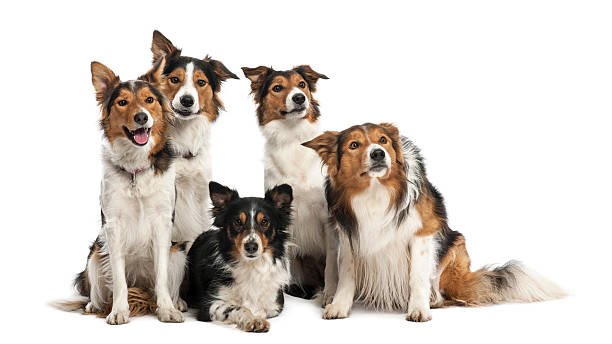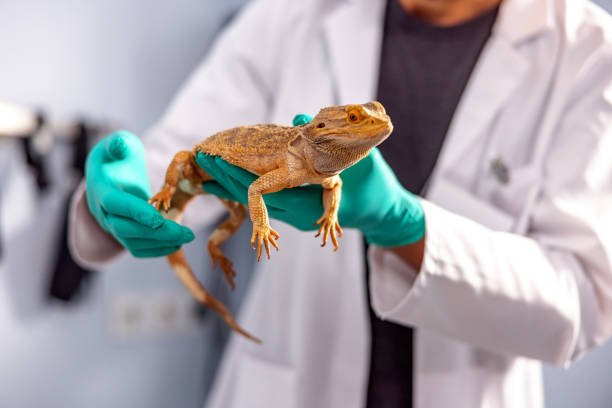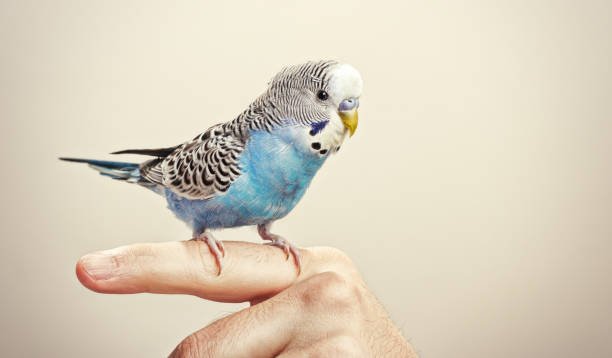- Home
- Dogs
- Cats
Solve My Cat's Problems & Get Expert Cat Advice
- Pet Care Wiki
- Choosing the Right Pet for You:
- Bringing Your Pet Home:
- Preventative Care:
- Vaccinations
- Parasite prevention (fleas, ticks, worms)
- Dental care
- Grooming
- Nutrition
- Regular check-ups
- Common Health Issues:
- Breed-specific health concerns
- Signs of illness
- First aid for pets
- Emergency situations
- Finding a Veterinarian:
- Choosing the right vet
- Building a relationship with your vet
- Pet Insurance:
- Understanding pet insurance coverage
- Choosing the right plan
- Pet Training & Behavior
- Basic Obedience Training:
- Sit, stay, come, heel
- Leash training
- Housebreaking
- Crate training
- Addressing Behavioral Issues:
- Barking, chewing, digging
- Aggression
- Separation anxiety
- Fear and anxiety
- Litter box problems
- Positive Reinforcement Training:
- Reward-based training methods
- Clicker training
- Avoiding punishment
- Choosing the Right Food:
- Understanding nutritional needs (age, breed, activity level)
- Comparing different types of food (dry, wet, raw)
- Reading food labels
- Special Diets:
- Allergies and sensitivities
- Weight management
- Senior diets
- Treats and Supplements:
- Healthy treats
- Supplements for joint health, skin, and coat
- Providing Mental Stimulation:
- Interactive toys
- Puzzle feeders
- Training games
- Hide-and-seek
- Scent work
- Physical Activity:
- Daily walks and exercise
- Playtime
- Dog parks
- Agility training
- Creating a Safe and Enriching Environment:
- Enrichment ideas for different species (cats, dogs, birds, reptiles)
- Pet-proofing your home:
- Preventing accidents
- Identifying and removing hazards
- Pet-friendly travel:
- Car safety
- Travel tips for different pets
- Emergency preparedness:
- Building an emergency kit
- Knowing what to do in an emergency
- Pet-friendly travel destinations:
- Finding pet-friendly hotels, restaurants, and attractions
- Pet photography:
- Tips for taking great photos of your pets
- Pet grooming:
- DIY grooming tips
- Finding a professional groomer
- Pet-sitting and boarding:
- Finding reliable pet sitters and boarding facilities
- Coping with pet loss:
- Grief support resources
- Saying goodbye to your pet
- Memorializing your pet:
- Creating a memorial
- Sharing your memories
1. Choosing Your Pet2. Pet Health & Wellness3. Pet Nutrition & Diet4. Pet Enrichment & Entertainment5. Pet Safety & First Aid6. Pet-Related Lifestyle7. Pet Loss & Grief1. Choosing Your Pet2. Pet Health & Wellness3. Pet Nutrition & Diet4. Pet Enrichment & Entertainment5. Pet Safety & First Aid6. Pet-Related Lifestyle7. Pet Loss & Grief - Exotic pets
- About Us



























